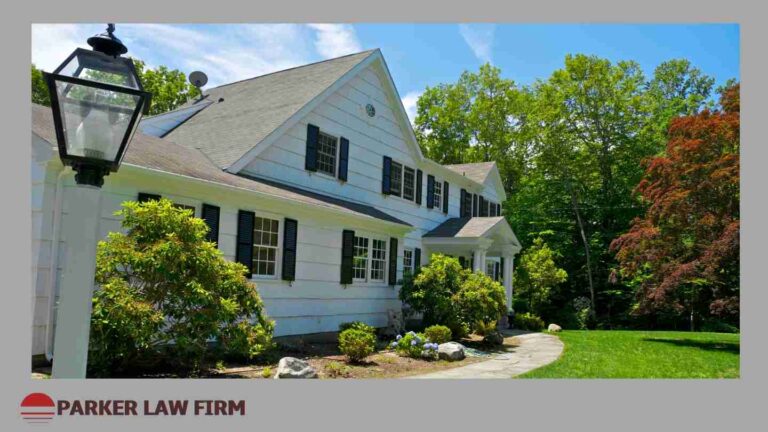

A Qualified Personal Residence Trust takes your personal residence out of your estate, and has some advantages, especially when it comes to taxes. The QPRT is a type of irrevocable trust, so once it is created, it is permanent and cannot be reversed. The QPRT is also a type of grantor trust, meaning that the trust creator or grantor may take advantage of gift tax exemptions for property placed in the trust, explains the article “Qualified Personal Residence Trust (QPRT)” from yahoo! finance.com.
As a grantor, you can live in the home for a period of time, with a retained interest in the property. Once the QPRT term ends, ownership of the property gets transferred to the beneficiaries of the trust.
When you establish a Qualified Personal Residence Trust, you take your personal residence, a primary or secondary home, out of your estate and place it in the trust. While the trust is in place, you and your family may live in the home, and you continue to be responsible for maintaining the property’s upkeep. You also still have to pay property taxes.
Any appreciation that occurs after the transfer takes place is also removed from your estate. Because you retain an interest in the residence, you can reduce the amount of property’s value that is subject to estate and gift taxes from your estate.
However, there is one rule you need to know before setting up the QPRT—you must outlive the term of the trust. If you don’t, the entire value of the residence may be included in your estate, which destroys the key reason for setting up the trust.
This is a complex tool for estate planning, and it isn’t for everyone. A QPRT can be good for creating a financial legacy for beneficiaries, helps your estate avoid taxes after your death and if you are paying rent to trust beneficiaries, creates another path to minimize estate taxes.
On the other hand, a QPRT is irrevocable. Therefore, if your circumstances change, it may not be useful for you but you won’t be able to undo it. If you die before the end of the term, any benefits for gift or estate taxes are lost. If there is a mortgage on the property, mortgage payments might be counted against gift tax exemptions.
Attempting to refinance a home that’s owned by a QPRT is difficult, and in many circumstances, not even possible. You don’t own the home, the trust does. Therefore, the property cannot be used as collateral. Selling a home that is owned by a QPRT is also far more complicated than selling the property if you owned it outright.
An estate planning attorney will analyze your estate and tax situation to determine if a QPRT is a useful tool for you and your family.
Reference: yahoo! finance.com (July 29, 2020) “Qualified Personal Residence Trust (QPRT)”
The 15 minute initial phone call is designed as a simple way for you to get to know us, and for our team to learn more about your unique estate planning needs.

